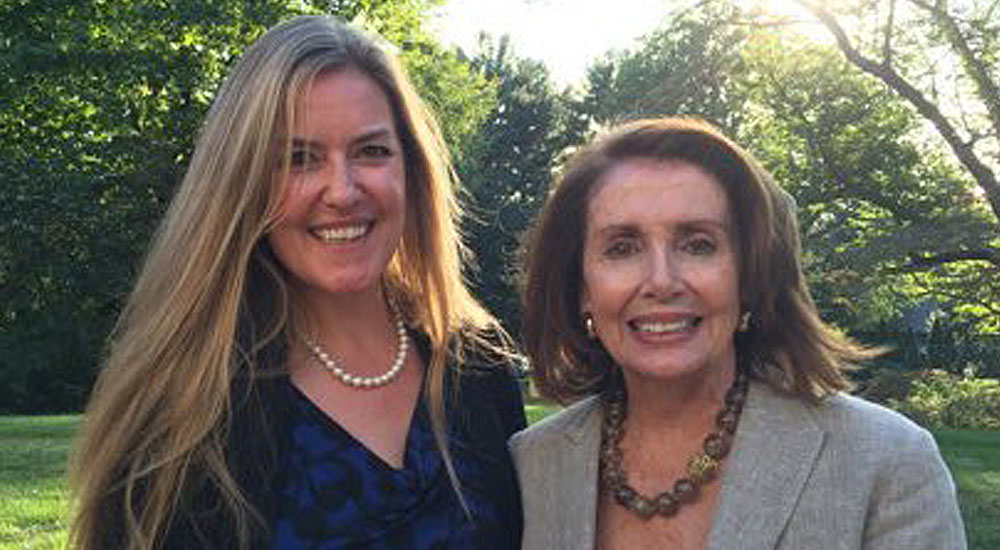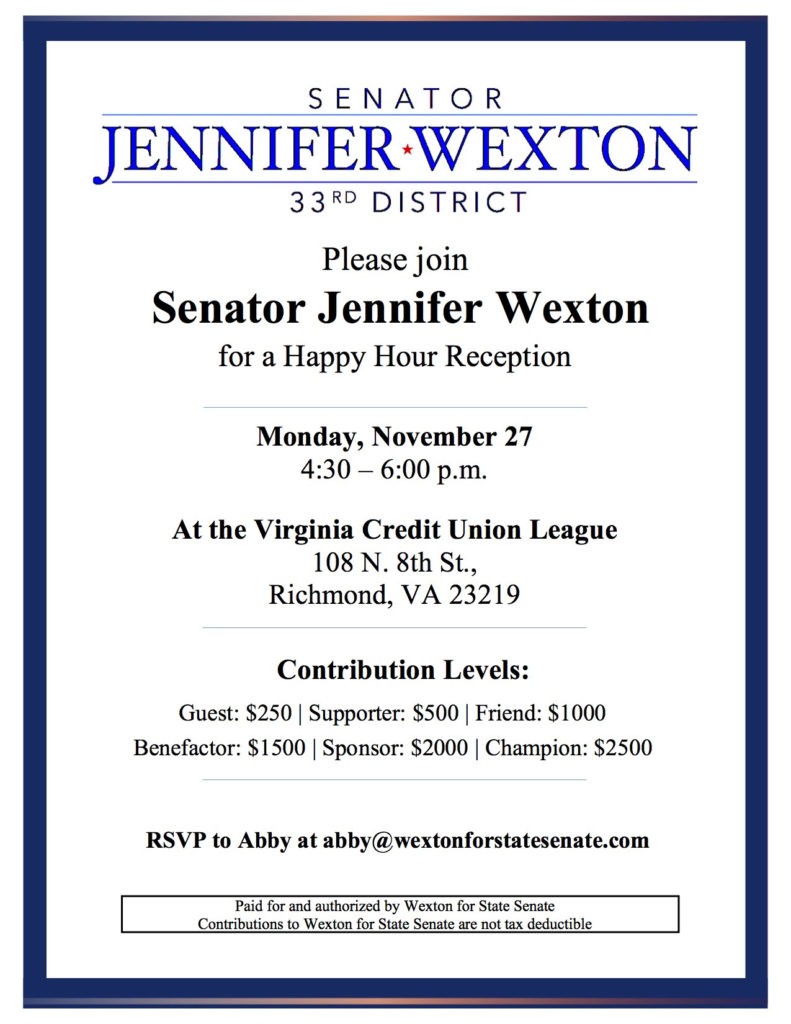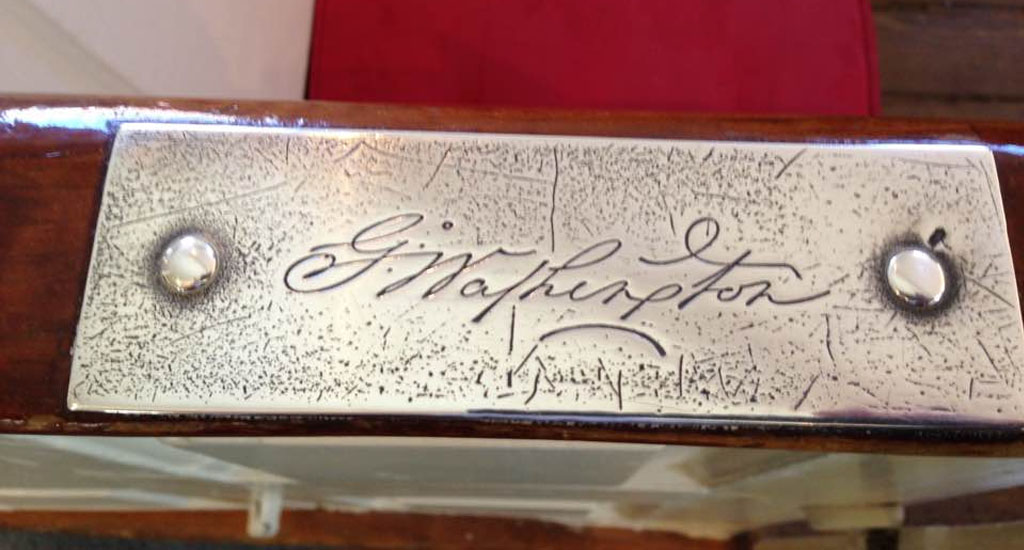Federal election law is clear on several points. First, federal campaigns must only work with clean federal dollars. No corporate money, no foreign money, no state PACs and so forth.
All federal candidates — all of them — know these simple rules. It is as clear and clean a firewall between federal and state (or “other”) money as there can be.
Here’s the additional kicker. Federal candidates are also prohibited from directing the expenditure of or in any way spending “dirty money” raised from these banned sources when the state campaign finance laws do not meet the high standard of federal campaign finance laws.
Given that Virginia’s campaign finance laws allow for unlimited contributions so long as they are all reported? That is probably the best example of so-called “dirty” contributions — and there are good reasons why the two should not mix.
This is why state elected officials suspend their state campaign accounts when they run for federal office. Which is what makes this fundraiser on behalf of declared federal candidate and State Senator Jennifer Wexton a huge problem and a potentially serious violation of federal campaign finance law:
Wexton’s “dirty” state senate campaign account has been very active over the last several months, doling out money to favored candidates, spending money on staff — staff that also works for her congressional campaign — and now throwing a lavish cocktail party to raise even more “dirty” state dollars.
So here’s the brutal one-two punch.
Not only is Wexton prohibited from directing the use of “dirty” state dollars during a federal election, Wexton is also prohibited from raising non-federal money. That alone would be an entirely separate violation of federal campaign finance law.
Typically, these legal problems are usually solved by simply having your state campaign account go dormant while you run for federal office — at least, that’s the legal way to do it. Instead, Wexton appears to be actively circumventing the federal soft money ban by keeping her (lucrative?) Virginia state account active and even raising money at a lavish fundraiser — all in an attempt to put even more soft money in play.
Of course, the right thing to do here is for Wexton to immediately cancel this expensive fundraiser and return every dime of the money. What’s more, her staffers who participated in this event — whether they are paid by federal “clean” or state “dirty” dollars — need to clarify how they were paid. How are the vendors and caterers going to be paid? Who will direct the payment (as Wexton is legally prohibited from doing so)? Will they be paid after the Democratic primary in 2018?
Wexton’s first offense — directing the use of “dirty” money — may very well amount to a fine from the Federal Election Commission and nothing more. However, the more serious dilemma of raising “dirty” money while a federal candidate could be potentially far more serious and have deep repercussions.








